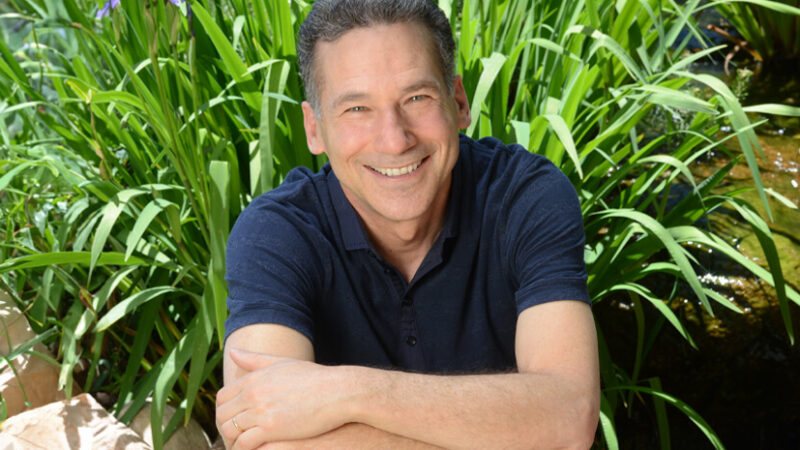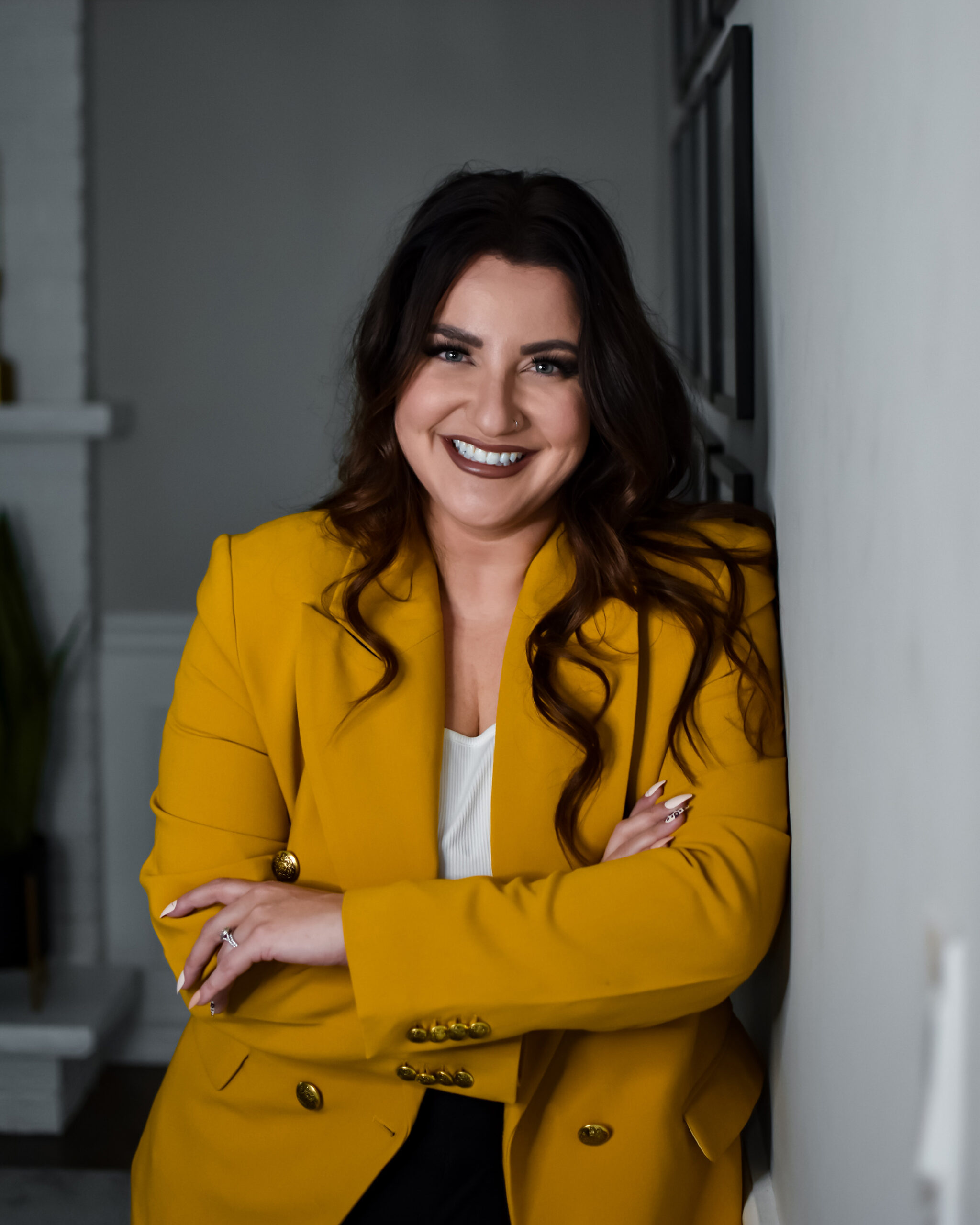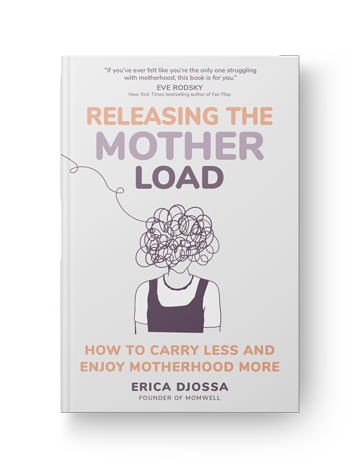
You and I aren’t likely to experience what it’s like to raise children in an actual village, like many mothers who have come before us. But that’s okay. That’s not what this generation is about. This generation is about waking up to who we really are and what we really want, and resetting society’s sails accordingly.
Playing your part in the re-villaging of our culture starts with being wholly, unapologetically, courageously you.

Here are a few tangible steps you can take whenever you’re ready:
- Get really clear on one thing: You need and deserve help. The fact that you’re struggling is not a reflection of your inadequacies but the unnatural cultural circumstances you’re living within.
- Own and honor your needs. Most mothers are walking around with several deeply unmet needs of their own while focusing almost exclusively on the needs of others. This is precisely the thing that keeps us from gaining traction and improving our circumstances, both individually and collectively.
- Practice vulnerability. Rich, safe, authentic connection is essential for thriving. Cultivating this quality of connection takes courage and a willingness to step outside your comfort zone. What you want most exists on the other side of that initial awkward conversation or embarrassing introduction.
- Own your strengths. What makes you feel strong and fully alive? What lights you up and gives you energy just thinking about it? Who would be in your village if you had one? Tapping into your strengths and engaging them is one of the greatest ways to attract the kinds of people you want in your life, bless and inspire others, and build a sense of community in ways that fulfill rather than drain you.
- Become an integral part of something. Whether it’s a knitting group, dance troupe, church, kayaking club, or homeschool collective, commit to growing a community around one area of your life that enlivens you or fills a need. Use the connections you cultivate within this community to practice showing up bravely and authentically and asking for what you need, whether that’s support, resources, or encouragement.
- Do your part and ONLY your part. Though it’s tempting to fill our lives to the brim with commitments that make a difference, doing so only further disempowers us. Read Essentialism by Greg McKeown if you struggle with this one.
- Learn self-love and self-compassion. In a culture of “never enough,” it is essential that we forge healthy relationships with ourselves to be able to fend off the many messages hitting us about who we’re meant to be and what makes us worthy of happiness and love. In fact, I see self-love in action as the greatest gift our generation of mothers could possibly give to the mothers of tomorrow.
- Speak your truth. Be true to yourself and the path you’re on by standing up for yourself. Even when you’re terrified. Even if it makes you the bravest one in the room.
- Imagine a new way. Where we’re headed looks nothing like where we’ve come from. Creating the kind of future we want requires envisioning that future and believing a new way to be possible. Get specific and think big. What do you want?
Excerpted from This Is Motherhood: A Motherly Collection of Essays + Practices.
Beth Berry is a contributor to This Is Motherhood: A Motherly Collection of Essays + Practices. She is writer, life coach for awakening women, and mother of four daughters.
Motherly is a lifestyle parenting brand dedicated to writing a new narrative that’s powerful and feminine, as well as informed and inspiring. Motherly exists to change the world on behalf of millennial moms. Jill Koziol and Liz Tenety cofounded Motherly to serve a new wave of women redefining motherhood in an optimistic, digitally native generation. For more, visit Mother.ly.







